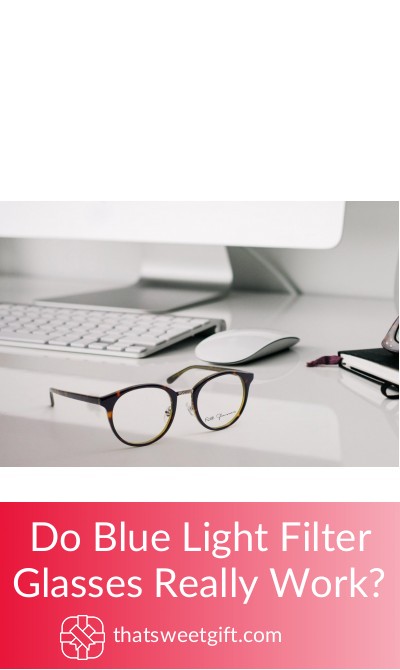Do Blue Light Filter Glasses Really Work?
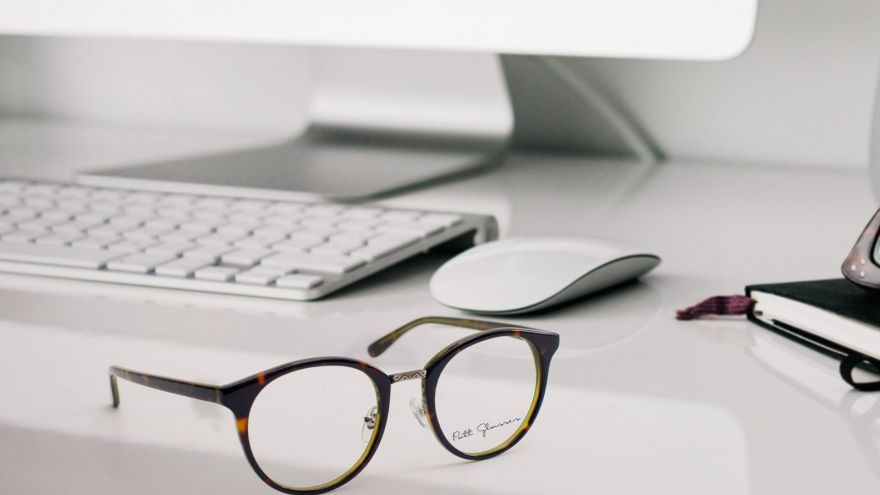
Electronic devices have never been as important as they are in today’s day and age with people using them for work and recreational activities. This has opened many doors in the world of healthcare to come up with a solution that prevents excessive eyestrain, headaches, and more. The main question is, do blue light filter glasses really work?
With all of the companies advertising that their glasses reduce eye discomfort and help you to sleep better, it can be tough to differentiate the truth from myths.
What is Blue Light?
When figuring out if these blue light filter glasses are worth as much as they cost, you first need to know what blue light is and what it can do to the human body. Blue light is essentially a part of the visible light spectrum that humans experience daily and is said to keep us alert and awake.
This type of light is emitted by a wide variety of sources ranging from lightbulbs to the sun, but it is also highly prevalent in electronics such as your smartphone, tablet, and computer.
This is very concerning, as the average person spends more than 11 hours reading, watching, or listening to some type of digital media on their devices.
How Does Blue Light Affect Sleep Schedules?
It’s a part of human physiology to begin producing melatonin when you are exposed to darkness, which is a hormone that is responsible for making you tired once the sun goes down.
Unfortunately, as blue light is also found in electronic devices, being exposed to it at any hour of the day hinders your body’s ability to produce melatonin as you’re exposed to an artificial source of light.
When used in controlled settings, such as with a Lumos mask, exposure to blue light can assist you with having better sleep by disrupting the circadian rhythm after dealing with jet lag, for example. However, in the average household, families aren’t using blue light as they should.
How Does Blue Light Affect Our Eyes?
Even though exposure to blue light can affect your sleep schedules, it also harms your eyesight, especially in terms of strain. Rahul Khurana, M.D., states that focusing your eyes on a computer or phone for extended periods without blinking can be incredibly hazardous.
Eyestrain not only causes discomfort, but it can also deteriorate the health of your eyes over time, causing you to need higher prescription glasses.
As your eye health is of the utmost importance, investing in a pair of blue light glasses could be a very beneficial thing for your longevity. This is especially true if you have begun to experience headaches as a result of constant computer use.
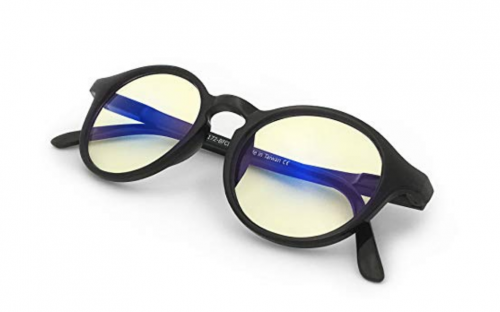
Get the J+S Vision Blue Light Shield Glasses here
With that said, there is very little research into the true benefits of blue light glasses and how they affect your eyesight over time. The best thing that anyone can do is to make sure you’re following the AAO’s rules for screen time.
Until more research has been done into the topic, it’s easy to say that science doesn’t back up the use of blue light glasses to prevent permanent eye damage.
AAO’s Screen Time Rules
Also known as the 20-20-20 rule, the American Academy of Ophthalmology has a certain procedure that people should rely on when they use electronics daily.
Regardless of if it’s your smartphone or a computer, users should be 20 feet away from the screen for at least 20 seconds every 20 minutes. This should help to reduce eye fatigue as well as limit the likelihood of experiencing permanent damage from eyestrain.
Putting Blue Light Filter Glasses to the Test
There’s no way to definitively say whether blue light glasses work or not, however, there is always the option for you to test their effects on your own. With that said, it’s recommended you try using them in small bouts at first until you determine whether they work for you or not.
Similar to how there is very little research into their effectiveness, there’s limited information about whether these specialty glasses strain your eyes in other ways as well.
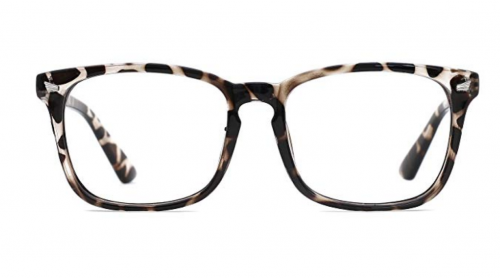
Get the IJN Blue Light Blocking Glasses here
Many people who play video games professionally, for example, suggest that the glasses assist with dry and irritated eyes after staring at monitors and TV screens for extended periods.
There are also individuals who suggest the glasses did nothing other than irritate their eyes further. At the end of the day, you can try the blue light blocking technology for yourself to decide whether the more expensive glasses are worth the money or not.
Useful Ways to Block Blue Light
Aside from investing in blue light blocking glasses, there is also the ability to limit the amount of light you are exposed to before sleep in many ways. Some of the most recommended tips for not disrupting your circadian rhythm include:
✓ Digital Programs: There are a variety of digital programs, such as f.lux, that you can install on your computer or smartphone. They will automatically adjust and dim your screen based on the time of day.
These applications are intuitively designed to prevent you from being exposed to ample amounts of blue light when it is getting closer to bedtime.
✓ Limiting Screen Time: By far, the best piece of advice that you can use to get a better night’s rest is to limit the amount of time you spend on your computer and phone at least two hours before you’re set to go to bed.
This will allow your body to produce the perfect amount of melatonin to get a better night’s rest. We highly recommend putting your devices on a “Do Not Disturb” setting on the other side of your room so you are not tempted to check your emails right before sleeping.
✓ Colored Reading Lights: If you’re someone who likes to read before bed, for example, it’s recommended you invest in lights that don’t have any blue light in them. You can easily find red or orange light bulbs to put into your bedside lamps so that you’re not exposed to any blue light.
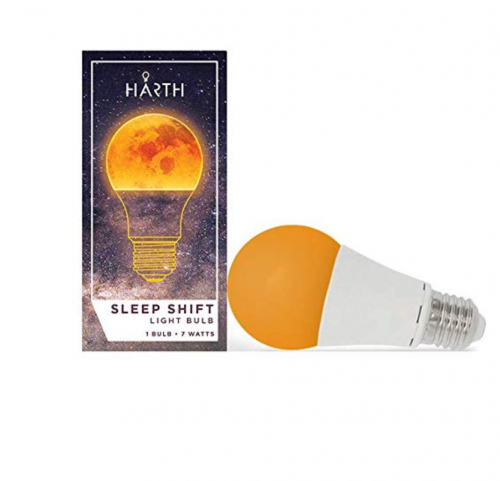
Get the Sleep-Shift Sleep Ready Light here
✓ Using Sleeping Masks: You truly don’t know the experience of having a peaceful night’s rest until you invest in a sleeping mask. These inexpensive (can be found at the Dollar Store) and innovative accessories give you the ability to block all traces of light until you remove it in the morning.
There are multiple types of sleeping masks to choose from, including some that have a massaging function for your temples.
Final Thoughts
When you start asking, do blue light filter glasses really work, it’s important to focus on the science. There is very little evidence that suggests they help to prevent eyestrain, but they are highly recommended for allowing you to sleep better at night.
The best recommendation is to buy a pair to test out to see if they make a difference for you, as everyone’s physiology is different.
Pin for later
